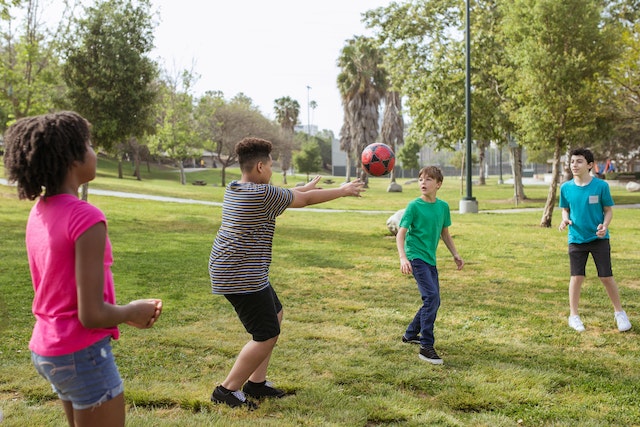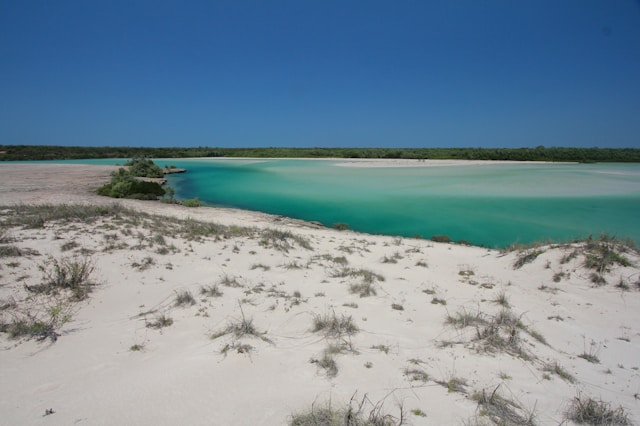Australian children are glued to their screens and four out of five aren’t getting enough exercise.
Researchers are calling for a national physical activity plan to get kids moving following dismal results in the 2022 Active Healthy Kids Australia (AHKA) report card.
The report card is part of a global initiative started in 2014, involving more than 50 countries, which report on the physical activity levels of children every two years.
The latest review by a collaboration of universities scrutinised data from numerous studies of more than 100,000 mostly school children over a five-year period.
It concluded the ongoing poor performance of children’s physical fitness was a clear sign more needs to be done.
The researchers are particularly concerned about the D-grade scored for children’s overall physical activity and screen time.
It found 80 per cent of Australian children were not meeting national guidelines for physical activity and 80 per cent of children were exceeding the two-hour guideline for daily screen time.
Australian children scored below international norms and UniSA researcher Verity Booth says the longstanding underperformance of children’s lack of physical activity needs to be addressed.
“When we think of Australian kids, we often picture active, healthy children.
“Yet the reality is far from this ideal. Instead, most Aussie kids are spending their time glued to screens and getting nowhere near enough physical activity,” she said on Wednesday.
Physical activity was vital for children’s health, development and learning, Dr Booth said.
“But despite national guidelines on the amount of physical activity children need, four out of five children are not getting enough movement and exercise into their day.”
UniSA’s Professor Tim Olds says a national physical activity plan should include a national monitoring system to allow governments to gauge the success of various initiatives.
“A national plan should also involve all sectors of government: transportation to encourage walking and cycling to school, urban planning to provide adequate green spaces and recreation facilities, education to encourage specialist PE teachers.”
The research team involved: Deakin University, UniSA, University of Tasmania, University of Queensland, University of Sydney, Curtin University, University of North Dakota and University of Newcastle.
Maureen Dettre
(Australian Associated Press)





